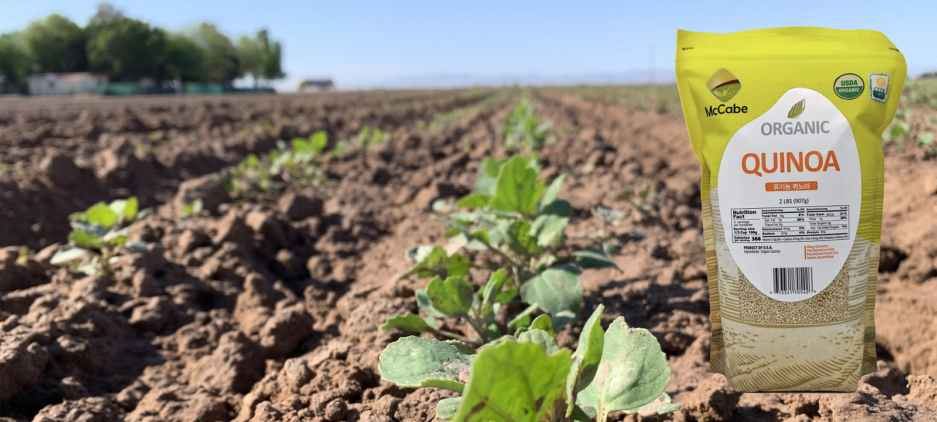Millions of shoppers every year are buying organic food, but does it have any real benefits for your health?
Organic campaigners believe it does. Here are some more facts about the health value of organic food.
Bread and pasta
Bread, pasta and other products made from non-organic flour may contain more pesticides than other foods. ‘Conventionally farmed grains are heavily sprayed with toxic chemicals, and because the grains are very small, they are able to absorb more pesticides,’ says Karen Sullivan.
Wholegrain bread is one area where you see a real difference with organic. ‘Pesticides and other chemicals sit on the husk of the grain, so a refined white non-organic bread will be less tainted than its wholemeal equivalent, although lower in nutrients,’ says Karen.
Is organic better for you?
Tests by the Ministry of Agriculture Fisheries and Food (MAFF) last year found 44 per cent of all bread samples contained pesticide residues. One herbicide called glyphosate is

linked with the cancer Non-Hodgkin’s Lymphoma and was found in 7 per cent of the samples.
But the British Nutrition Foundation (BNF) says that 70 per cent of food samples analysed by MAFF in 1997 were residue free and 29 per cent contained levels below the maximum residue level. ‘If pesticides are present at all in non-organically produced food, the levels are very low and do not present a risk to human health,’ says a spokesman.
Milk and dairy products
The biggest concern with non-organic milk is the chemicals that the cow could pass on through its feed. One of these is the pesticide lindane, which has been linked to breast cancer. Lindane is part of a group of chemicals called organochlorines, which includes a banned chemical called DDT. DDT has been outlawed in Britain but 100 tonnes of lindane are still used on our fields every year.
Four international studies carried out between 1984 and 1994 found that women with breast cancer had a higher rate of chemicals including lindane in their bodies compared to women without cancer. Scientists think these chemicals
are capable of copying the effects of oestrogen in the body, which disrupts your normal hormone patterns. Lindane has also been linked to lower sperm counts in men.
Is organic better for you?
Karen Sullivan says that organic milk will contain virtually no pesticides. ‘Organically raised cows graze on organic pastures that have not been treated with any pesticides or fertilisers. This means fewer, if any, residues exist in their milk,’ she says.
Wine and beer
Going organic does not just relate to the food you eat, but also what you drink. Conventionally grown grapes and grain used in wine and beer are sprayed with up to 15 different pesticides and the soil is often chemically fertilised.
Tests on beer in 1999 found 35 per cent contained pesticide residues above their recommended limits. A recent report by Health Which? magazine raised concerns about the unknown impact of the ‘cocktail’ effect of these pesticide residues on your health.
Grapes for wine are heavily sprayed with sulphur dioxide, a preservative, which can have disastrous affects on your health. The symptoms of sulphur dioxide poisoning include nausea, blurred vision and the shakes – exactly the same symptoms as a hangover.
Is organic better for you?
Organic wine is produced without chemical fertilisers and no genetically modified hops can be used to brew organic beer. The Health Which? report also discovered that organic red wine was superior in taste to many non-organic reds. Drinking organic wine could also affect your performance at work – annecdotal evidence shows organic alcoholic drinks are less likely to produce hangovers.
Organic Grain is available to purchase at SFMart.com
